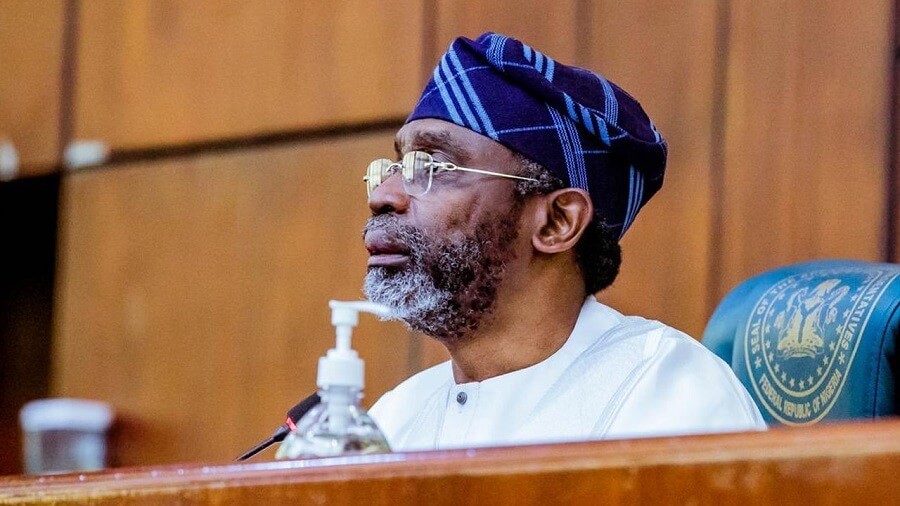The Department of Petroleum Resources, the Nigerian National Petroleum Corporation among others have been summoned by the House of Representatives House Ad-hoc Committee on Oil Theft, over an alleged $20bn crude oil sales unaccounted for from 2005 to 2012.
Chairman of the Committee, Peter Akpatason, said the the committee discovered the abnormalities after it obtained the schedules of crude oil produced and lifting between 2005 and 2019, adding that a forensic analysis of the data revealed a very wide margin between what was reported as produced and what was lifted.
Advertisement
He explained that out of this production volume, only 1,417,200,848 barrels were accounted for as having been lifted officially.
He said, “Between 2005 and 2012, DPR reported production of 1,746,621,167 barrels from four sampled oil terminals of Escravos, Bonny, Forcados and Bonga.
“Today, the committee is meeting with DPR, tomorrow and Friday, the committee shall be meeting NNPC and CBN, respectively.
“A whopping volume of 329,420,319 barrels, valued at over $20bn, could not be accounted for. The same trend of infractions was observed in 2016 to 2019.”
Advertisement
The Director of DPR, Sarki Auwalu, who noted that the Department is saddled with the responsibility of monitoring crude oil production and lifting, explained that accounting for the crude production process in the country starts from the well from which the crude is obtained, hence the need to promote efficiency from the drilling process.
He explained that the Department uses both the static and dynamic measurements to account for hydrocarbons, adding that while the static measures the volume of crude that goes into the tank, the dynamic measures the volume that goes across the meter.
“So, the hydrocarbon accounting in DPR starts from well. Once you drill a well, you will have what we call a maximum efficiency rate to know the capacity that well will produce. The volume accounting starts from that point.
“We have two kinds of meters; we have a production meter that you measure the volume of oil produced and we have a custody transfer meter where you measure the volume of oil that exchanged hands.
“What we do is to take inventory of all wells produced in every field based on the volume we give, within which that well cannot produce more than that.
Advertisement
“If you under produce, you can kill the reservoir. If you over produce, you can kill the reservoir. All these volume measurements, whether static or dynamic, we take record of them.”
The Director who noted that Nigeria has over 30 terminals with five of them being land terminals, said that most of the thefts are coming from land terminals because the land producers have to use pipelines to transport the crude into the terminals for export.
“In the process, you have a lot of third party interference which results in volumes that are being taken and are stolen. So, most of the discrepancies in production and export, you can easily calculate the theft volume.
“And the theft volume, if not all, comes from the land terminals. But the offshore terminals, it is actually practically impossible to steal crude from offshore terminals, since it is from the bottom of the sea.”



